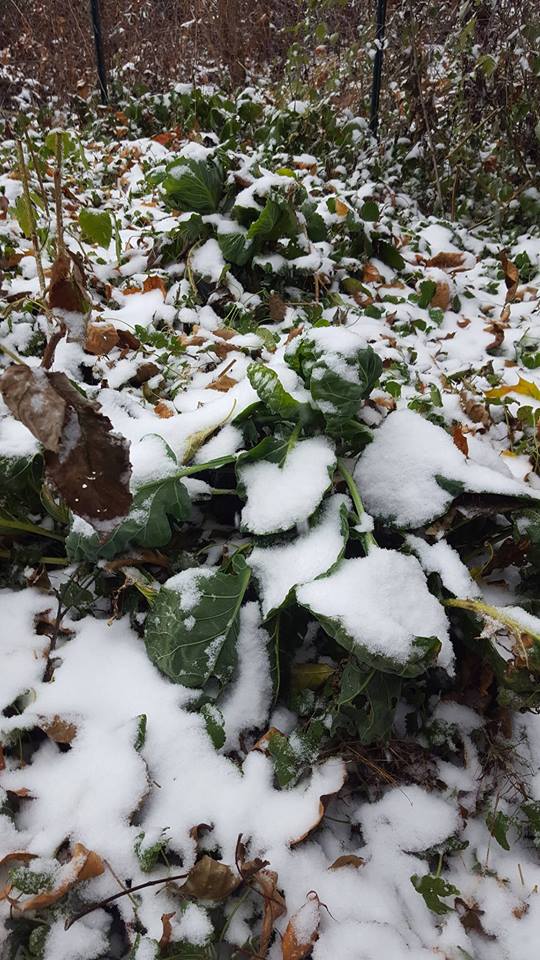
When it comes to cultivating the land and ourselves, there is quite a bit we don't know. A humble realism is called for. One where we look and listen to actual places, and are open to new information. Any scientist will tell you there is a lot yet-to-be-known about their field. With each discovery, the working scientist realizes there's so much we don't know. And methodologists point out that there are some things that are just unknowable, using our current research methods. In the soil and in our guts, countless organisms work for the health of the system--our gardens and our bodies. We don't know all of the ways a single organism functions. But we do know diversity appears to be the law of sustainable ecosystems.
This month "Anthropene: Innovation in the Human Age" shared a research study finding pasture grasses and other plants thrive (in arid regions) under solar panels. Basically, it seems the solar panels create microclimates, which can conserve moisture (in arid regions and deserts moisture is often lost due to evaporation). The term agrovoltaics refers to the use of the same land for both solar arrays and agriculture. This makes good sense as we continue to need both food and energy as the population grows. We can't continue to cut down new forests for food. We have to learn to live on soil, to use the land for many things at once. In the US, Brazil, Congo Basin, and elsewhere around the globe, agriculture causes deforestation. All the work we do--to drive more/fly less, drive fuel efficient cars, walk and take bicycles instead of driving locally--goes to waste if carbon sinks, forests and swamps, are destroyed so that we can eat. Any time land can be used for two ends, that's a good thing. If it can be used for a dozen purposes at once, even better.
Because there is a lot that is unknown, yet-to-be-known, and unknowable using our current methods, being rooted in place, looking and listening to your place, is essential for finding new ways of living and being in balance with nature. In Eco-Literate Music Pedagogy I write: "Music education on soil begins on actual soil. Like growing a garden in a local place. Unlike global, generalizable knowledge, local places are not places of theoretical perfection. ... In music education on soil, we ask deep questions, such as what type of education will sustain life. And we look to lived practices (cases of people living sustainably in urban, suburban, and rural places) for inspiration. Like gardeners, because we stand on soil, we must be willing to relegate unsustainable practices to the compost pile, where, through the magic of Mother Nature, even the worst weeds become food for next year's life." If you have suggestions for how music educators can live better on soil, leave them in the comments.
DJS
Link: http://www.anthropocenemagazine.org/2018/11/solar-arrays-can-create-prolific-microclimates-on-dry-farmland/?fbclid=IwAR2G1lLxSTu2k7xykBA3kUXBpg3yNV78epe4Ll07mp7qnrz0lpntX1nD-k0
Link: http://advances.sciencemag.org/content/4/11/eaat2993.full
Link: https://www.routledge.com/Eco-Literate-Music-Pedagogy/Shevock/p/book/9780415792578
 RSS Feed
RSS Feed
